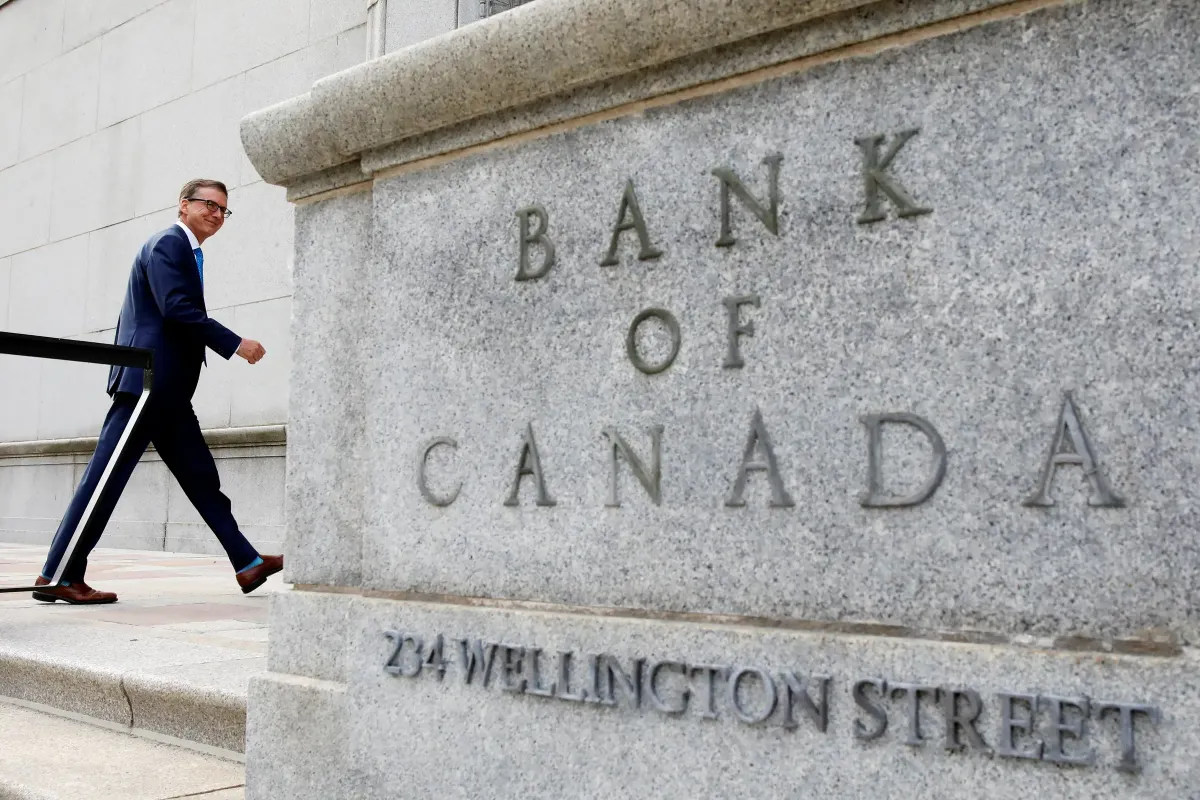The title of the IMF’s new World Economic Outlook says it all: “Navigating Global Divergences.” The organization expects Canada’s real GDP to grow by 1.6% next year, followed by the US at 1.5%. Both countries are ahead of the expected Euro area average of 1.2% and the advanced economy average of 1.4%. Meanwhile, the United Kingdom is expected to manage a paltry 0.6% percent, up from 0.5 in 2023, as it faces pandemic fallout and the lingering effects of Brexit.
Developing states, meanwhile, are expected to post higher growth than their advanced economy counterparts, with China looking at 4.2% and India at 6.3%. The developing and emerging economies group is looking at 4% growth in 2024, consistent with its numbers from the last two years.
The takeaway? The IMF is projecting low and slow growth throughout much of the world and “little margin for policy error.” That’s going to have politicians and civil servants on edge, particularly as geopolitical crises intensify. That’s the bad news. The good news is that these numbers suggest the odds of a soft landing are up, and slow growth is better than a recession.



















